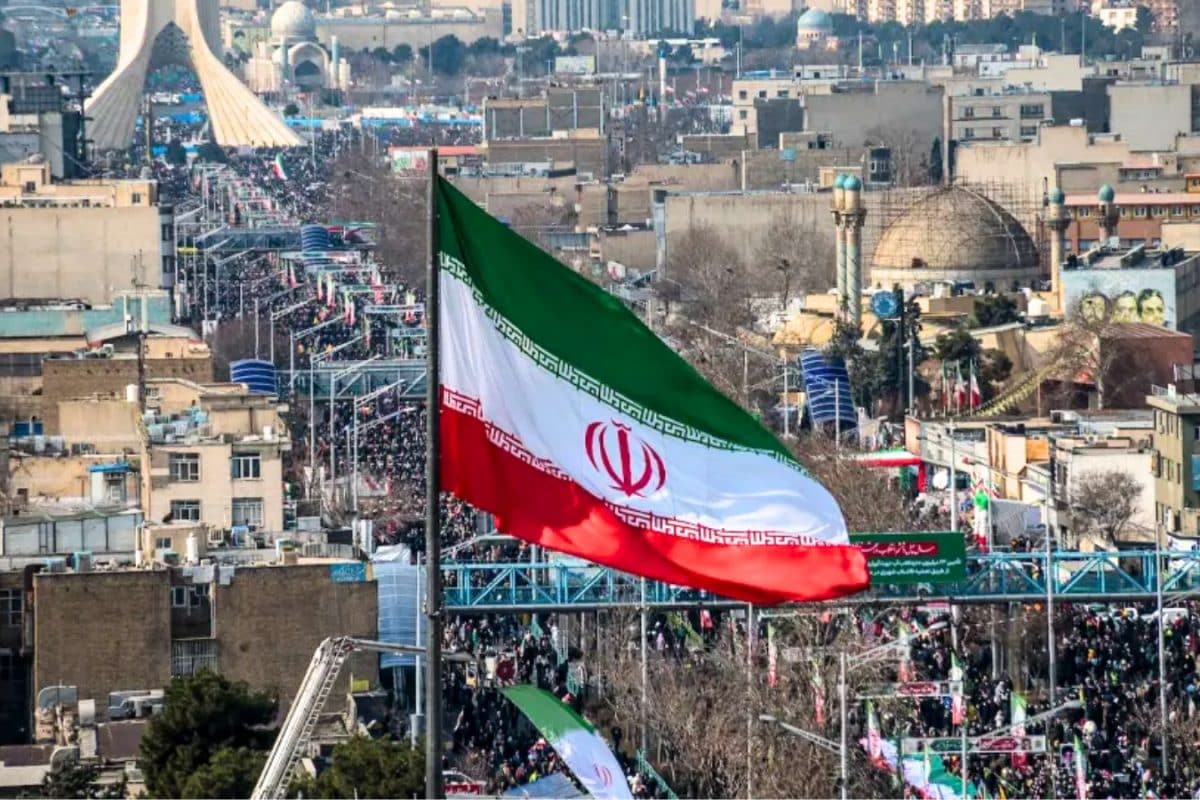

Iran's Defense Minister, Aziz Nasirzadeh, has announced that the country has established weapons production facilities in several foreign countries. This announcement was made during a televised interview with the Iranian news agency Young Journalists Club. However, the specific locations of these factories were not disclosed. Nasirzadeh stated that these factories would likely be officially opened and announced in the near future.
Nasirzadeh also highlighted that missile development has been a priority for Iran, especially after the recent conflict with Israel. He suggested that priorities may shift in the future. He emphasized Iran's self-sufficiency in missile construction, stating that it is 100% produced domestically without reliance on foreign sources.
These remarks followed Iran's navy conducting exercises in the Gulf of Oman and northern Indian Ocean, where they test-fired cruise missiles at surface targets. These maneuvers occurred after joint Iran-Russia drills in the Caspian Sea.
The announcement comes roughly two months after Iran's involvement in a deadly aerial war with Israel. According to Kurdistan24, the twelve-day war between Israel and Iran occurred from June 13 to 24, 2025, and was the most significant direct confrontation between the two countries to date. The conflict began when Israel launched an operation targeting Iranian nuclear facilities, missile bases, and military command centers. The United States intervened on June 22, targeting Iranian nuclear facilities. Iran retaliated by launching missiles at a U.S. military base in Qatar. A U.S.-brokered ceasefire on June 24 ended the hostilities.
Nasirzadeh claimed that if the conflict with Israel had lasted 15 days, Israeli forces would not have been able to intercept Iranian missiles. He argued that this forced Israel to seek a ceasefire. He also mentioned that Iran did not use its Qassem Basir missile, describing it as the "most precise weapon," during the conflict. The Qassem Basir is an Iranian medium-range ballistic missile with a range of about 1,200 kilometers.
Since 1979, U.S. sanctions have limited Iran's access to modern weaponry, leading them to rely on indigenous designs and adaptations of older systems. Ukrainian intelligence reported that Iran is seeking Belarus's assistance to restore its defense capabilities damaged during the war with Israel. Belarus's President Alexander Lukashenko met with Iranian President Masoud Pezeshkian to discuss economic ties, but Ukrainian intelligence suggests Tehran sought help with repairing its air defense and electronic warfare systems.